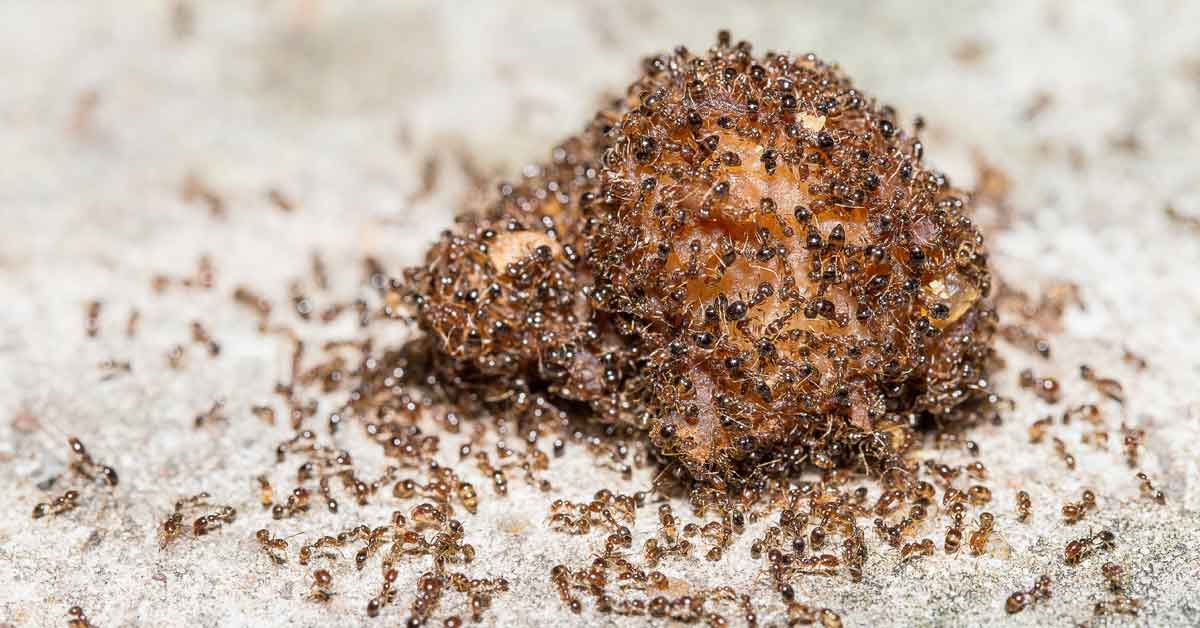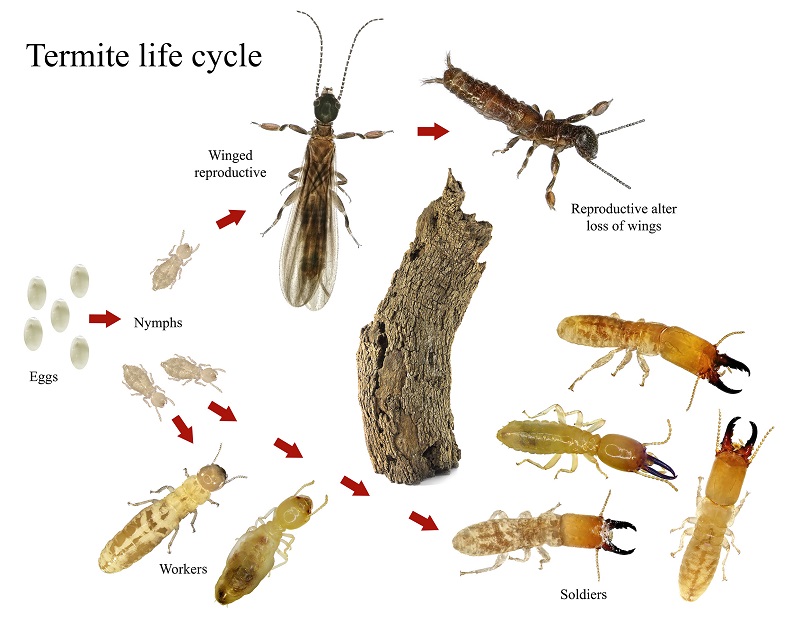Professional Termite Control Services: Safeguard Your Home from Termite Damage
Environmental Impact of Parasite Control: Harmonizing Performance With Sustainability
The environmental effect of bug control is an essential issue that needs a delicate balance in between attaining performance in taking care of bugs and making sure sustainability of our environments. From the usage of hazardous chemicals that leak into our dirt and water to the unplanned repercussions on non-target species, the consequences of standard parasite control techniques are far-ranging.
Harmful Chemicals in Insect Control
The usage of damaging chemicals in bug control postures considerable environmental and health risks that warrant careful consideration and reduction strategies. Pesticides, herbicides, and pesticides are frequently utilized to eliminate insects, yet their widespread application can lead to unintentional consequences. These chemicals can contaminate dirt, water sources, and the air, impacting not just the targeted parasites however likewise beneficial pests, wild animals, and humans.

To resolve these threats, incorporated parasite monitoring (IPM) methods are being advertised as an extra lasting choice. IPM entails a mix of techniques such as organic control, environment manipulation, and the targeted use pesticides as a last resource (ant control statesville nc). By adopting a holistic approach to pest control, we can decrease the ecological and health and wellness effects related to damaging chemicals while efficiently managing pest populaces
Influence On Non-Target Species
Thinking about the unintended effects of bug control methods, the effect on non-target types is an essential facet that requires thorough analysis. While insect control measures aim to target details insects, various other organisms in the community may be inadvertently affected. Non-target types, consisting of valuable bugs, birds, creatures, and also plants, can suffer straight or indirect harm from chemical applications or biological control methods.
Insecticides developed to fight a particular bug parasite may harm pollinators like bees or natural predators such as ladybugs. Biological control representatives, if not species-specific, can position dangers to unplanned targets, disrupting the ecological balance.
To mitigate the effect on non-target species, integrated pest management (IPM) strategies that emphasize a holistic technique to pest control are advised. These approaches focus on making use of eco-friendly practices, reducing harm to helpful microorganisms while successfully handling pest populations. Carrying out detailed danger evaluations and checking the results of insect control efforts are essential steps in guarding non-target varieties and advertising total environment health and wellness.
Soil and Water Contamination
Unintended ecological repercussions of bug control approaches prolong beyond influencing non-target species, with considerable effects for soil and water contamination - ant control. Chemicals, herbicides, and chemical fertilizers utilized in parasite control can leach into the soil and pollute groundwater, posturing a danger to both earthbound and marine environments.
Water contamination is one more crucial concern associated with pest control practices. To alleviate soil and water contamination from bug control activities, integrated pest management strategies that focus on sustainability and decrease chemical inputs are critical.
Air Air Pollution From Chemical Use
Exposure to airborne pesticides during farming applications postures a considerable issue for air pollution control steps. When pesticides are sprayed onto plants, they can volatilize into the air and form unpredictable natural compounds (VOCs) and various other air-borne toxins. These chemicals can add to the development of ground-level ozone, a major part of smog that can have harmful results on human health and wellness, plant efficiency, and overall air top quality. Furthermore, chemical drift, where chemicals are lugged by the wind to unintentional areas, can cause the contamination of neighboring communities and water bodies.

Strategies for Sustainable Bug Control
In the world of agricultural practices, carrying out lasting parasite control techniques is extremely important for maintaining ecological balance and securing plant returns. Lasting insect control highlights the usage of environmentally friendly methods to handle bug populaces effectively while lessening injury to non-target microorganisms and ecosystems. Integrated Pest Management (IPM) is a commonly taken on strategy that combines organic, social, physical, and chemical control methods to achieve long-lasting bug monitoring solutions.
Plant rotation and diversification are likewise efficient methods to interfere with pest life cycles and develop much less positive problems for bugs to thrive. Ultimately, by incorporating these sustainable parasite control methods, farmers can accomplish an equilibrium in between pest management performance and environmental stewardship.
Verdict
In final thought, the environmental effect of pest control techniques should be carefully thought about to stabilize performance with sustainability. Dangerous chemicals used in bug control can lead to soil and water contamination, air contamination, and harm non-target types - termite control. It is critical to execute lasting parasite control strategies to lessen these adverse effects on the atmosphere and promote a much healthier ecosystem for future generations
By embracing an all natural method to pest control, we can decrease the environmental and health and wellness impacts linked with unsafe chemicals while successfully taking care of pest populaces.

To alleviate the air pollution triggered by chemical use, it is vital to adopt incorporated pest monitoring strategies that focus on the usage of non-chemical insect control approaches, such as crop rotation, natural killers, and resistant crop selections. Sustainable bug control highlights the usage of ecologically friendly techniques to take care of pest populations properly while reducing damage to non-target microorganisms and environments. Integrated Insect Administration (IPM) is an extensively adopted technique that incorporates biological, cultural, physical, and chemical control techniques to attain long-lasting pest management services.